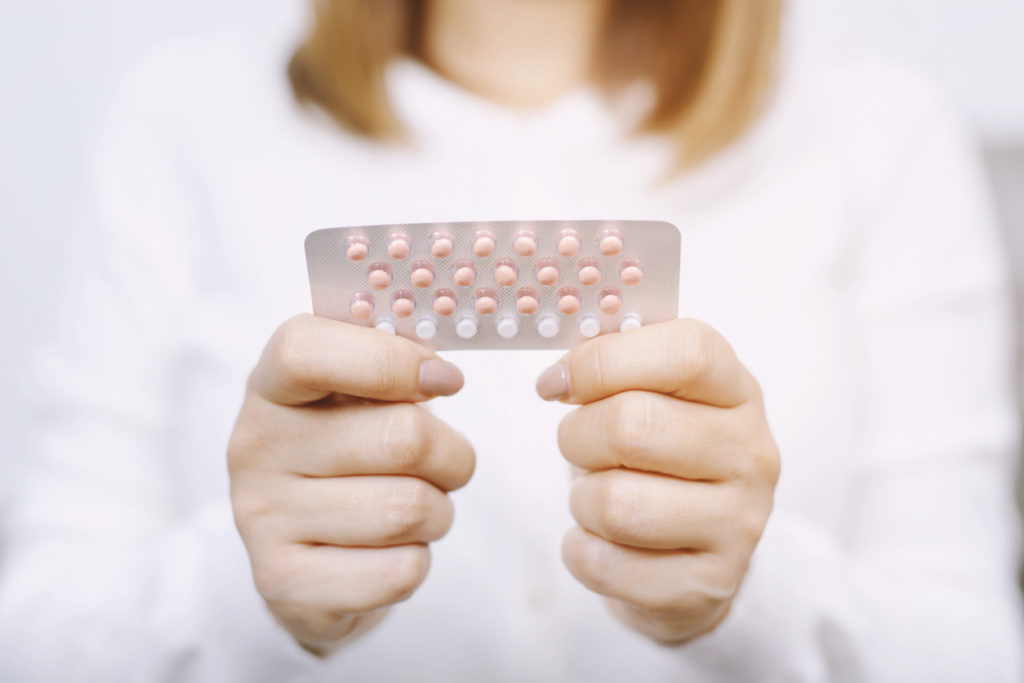Does contraception affect fertility?
posted by: Amy Toy
We often have chats with our patients about the affect that contraception has on fertility. Here are the answers to the common questions we are asked.
Will using contraception affect my fertility?
The only method of contraception that has any impact on fertility is the contraceptive injection, the injection can cause a delay to the return of your fertility for up to a year.
No other method of contraception has any impact on fertility. As soon as contraception is stopped, fertility returns to normal very quickly.
If I use contraception for a long time will it affect my fertility?
No. Long term contraceptive use has no impact on fertility, however, fertility naturally declines with age. It is naturally harder to get pregnant over the age of 35 (although this is definitely still possible).
If I don’t have regular bleeds whilst using contraception will this affect my fertility?
The body doesn’t need to bleed on a regular basis or once per month.
One of the ways that hormonal methods of contraception work is by stopping the lining of the womb from building up – blood doesn’t build up inside. This can often lead to no bleeding for long periods of time which is completely safe and has no negative impact on fertility. No reversible methods of contraception will cause infertility.
For more information about the above information in relation to specific methods of contraception see the following links:

Trending Now
- Taking ‘the pill’. A different approach to make this method work best for you
- Does using contraception make you put on weight?
- Does contraception affect fertility?
- The “male contraceptive”
- ALERT: Cervical smear scam text messages
- Updated blood pressure readings if you are taking combined hormonal contraception

Get set for summer!
Heading to a festival this summer? Have safer festival fun by signing up for the Eddystone Trust free condoms for […]

Bank Holiday information
All Devon Sexual Health clinics will be closed on Monday 27th May for the Bank Holiday. When our clinics are […]

#StopItNow campaign returns this March
The Stop It Now campaign is aimed at deterring online child sexual abuse. The campaign is a project of the […]

New time for Exeter Young Person clinic.
From 4 March, the Young Person drop-in clinic at Devon Sexual Health will be held every Tuesday from 3.30pm – […]
